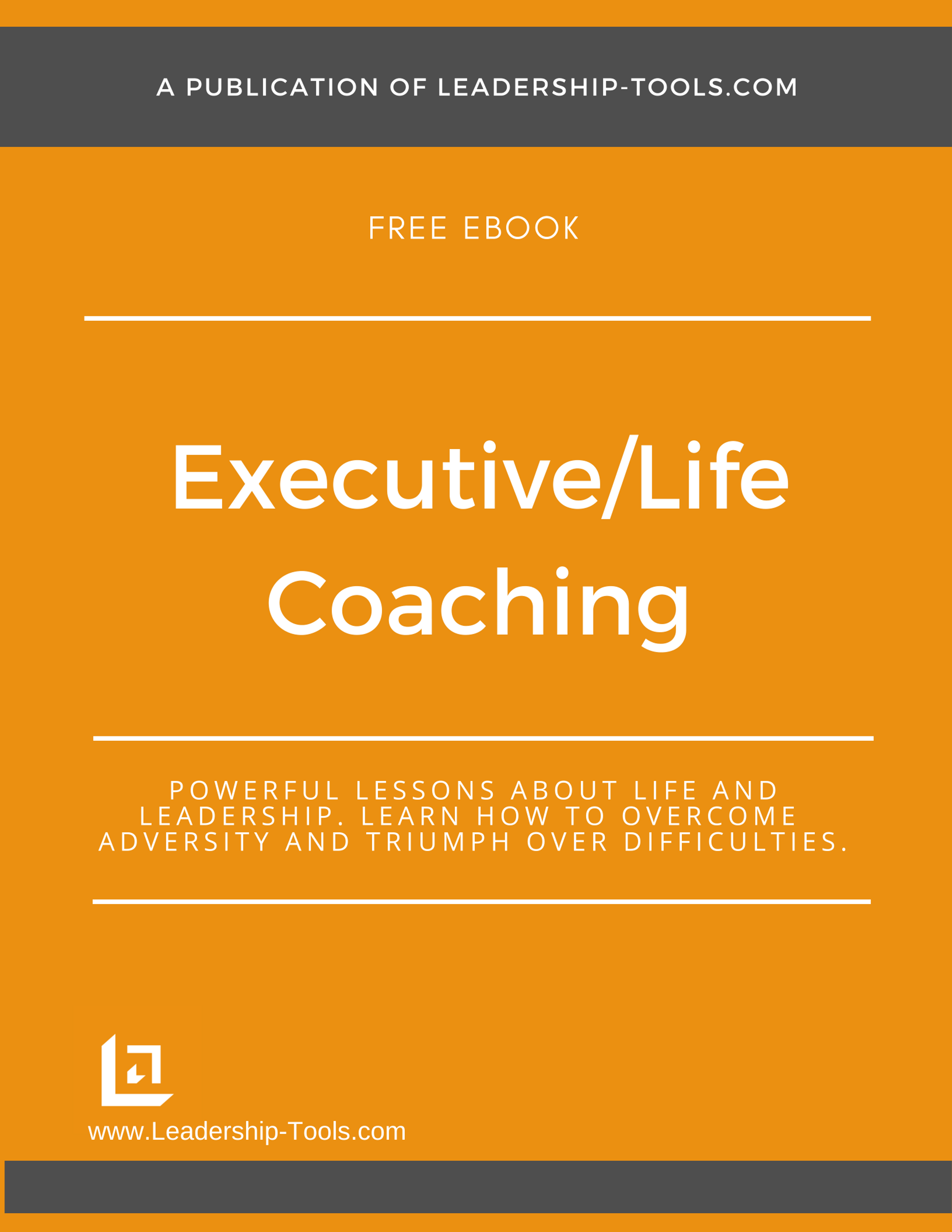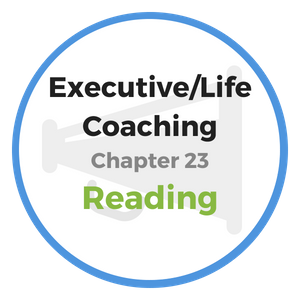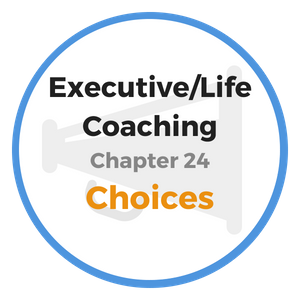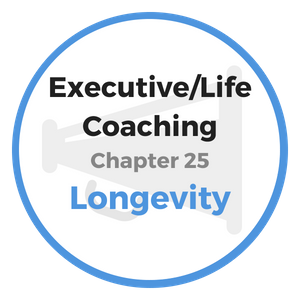- Home
- Life and Executive Coaching Course
- Chapter 22: Pride In Thrift
Personal Development Planning Guide
Chapter 22
PRIDE IN THRIFT
Personal development planning in the area of finance is an essential part of living a successful life. Financial thrift reflects a respect and appreciation for money and the work that is required to earn it.
Great leaders encourage thrift and expect their team members to make the most of the resources allocated to them.
Download Free: Executive and Life Coaching eBook
We must continually be aware of allowing little extravagances to eat a hole in our pocketbook. Even a small leak will sink a big ship.
The origin of the word 'thrift' means the grasping or holding fast to the things that we have. It implies economy and carefulness, as opposed to waste and extravagance.
Thrift involves self-denial and frugal living for the time being, until the prosperity that grows out of thrift permits one to indulge more liberally on that which is desired. One of the primary elements of thrift is to spend less than you earn, to save a regular portion from the salary received in an effort to plan for future comfort and opportunity.
Some people who spend every cent of their income are heard complaining about the fact that they have never become rich. They pick out some other man who is known to have made a fortune and speak of him as being “lucky”.
There is practically no such thing as luck in business - and the man or woman who depends upon it to carry him through is very likely not to get through at all.
"No gain is more certain than that which proceeds from the economical use of what we have."
- John Wesley
“Economy is wealth,” has become a notable proverb, and it is important to remember that a saying becomes a proverb because of its truth and significance.
“There is no reason why any young person should not accumulate money and attain financial success in life, provided he or she has some ability and good sense to start with, is thrifty, honest, and economical,” said Philip D. Armour.
John Jacob Astor said it cost him more to get the first thousand dollars than it did afterwards to get a hundred thousand; but if he had not saved the first thousand, he would have died poor.
The first thing that a man should learn to do,” says Andrew Carnegie, “is to save his money. By saving his money he promotes thrift, - the most valued of all habits. Thrift is the great fortune-maker. It draws the line between the savage and the civilized man.”
The habit of thrift improves the quality of character because it strengthens the will that it depends upon to say “no” to all of the little extras one desires. Furthermore, the saving habit indicates an ambition to succeed and move up in the world. It developed a spirit of independence and self-reliance. It means hope and a determination to “make good.”
Beware of the impulse to buy on credit. It’s better to save and pay in full if you absolutely must have something. In every magazine and in every store window you will see the sign that reads, “Your credit is good with us!” and “Zero % Financing for Six Months” or “Easy Payment Plan!” Beware, credit is a curse!
With these special buying offers come clothing, furniture, jewelry and automobiles. In addition, you get the added accumulation of guilt, remorse, shame, disgust and self-pity. Successful leaders protect themselves for this by adding the skill of thrift to their personal development planning goals.
There’s an old saying, “He that goes a borrowing goes a sorrowing. Every man is needy who spends more than he has; but no man is needy who spends less." This is timeless wisdom that we encourage you to incorporate into your personal development planning efforts.
"All fortunes have their firm foundations laid in economy."
- J.G. Holland
If you are suffocating from debt, or at the very least beginning to feel the initial discomforts from borrowing on credit, decide now to become free of debt as soon as humanly possible. Sell so many things in your house that the dog thinks he is next! If you owe $10,000 on an automobile, sell it, and buy a used one for only $3,000 so that you can pay off other debts that are holding you back from a more prosperous future.
Become laser-beamed focused to NOT owe money to any person or institution. Personal development planning experts agree that the borrower is most definitely a slave to the lender. You have more to offer the world, but you need to gain the leverage of your entire income to achieve greatness.
Your income is your single greatest tool for achieving wealth. If most of it is being used to pay monthly installments, then your wealth-building power is greatly diminished.
Say it out loud, “I’ve had it, and I refuse to be indebted to anyone!” Start now by taking out a piece of paper and write out a complete budget for the next 30 days – Spend your entire monthly income ON PAPER IN ADVANCE so that you will be certain you will save all you can.
Work like you’ve never worked
before until one day you can raise the window of your paid-off home and
scream, “I’m Debt Free!”
"If we did all the things we are capable of, we would literally astonish ourselves."
- Thomas Edison
Personal Development Planning Activities
Complete the following exercises...
- Describe your current relationship with money. Are you more a saver or a spender? Do you easily acquire debt? Are you effectively planning for your later years or do you feel overwhelmed with the weight of your debt?
- Explain how you typically respond to the prospect of taking a vacation, buying nice clothing, jewelry or other special items of interest. Are you satisfied with this response and do you feel it serves you well?
- Given the importance of Thrift in your personal development planning efforts, how might you respond differently the next time you are faced with the prospect of adding to your debt?
Download Executive and Life Coaching Course eBook

To download our free Executive and Life Coaching training book, providing valuable personal development planning lessons and exercises, simply subscribe to our free newsletter. You will immediately receive a password that grants access to our entire leadership tools library.
Your privacy is important to us. We never share or sell email addresses.





